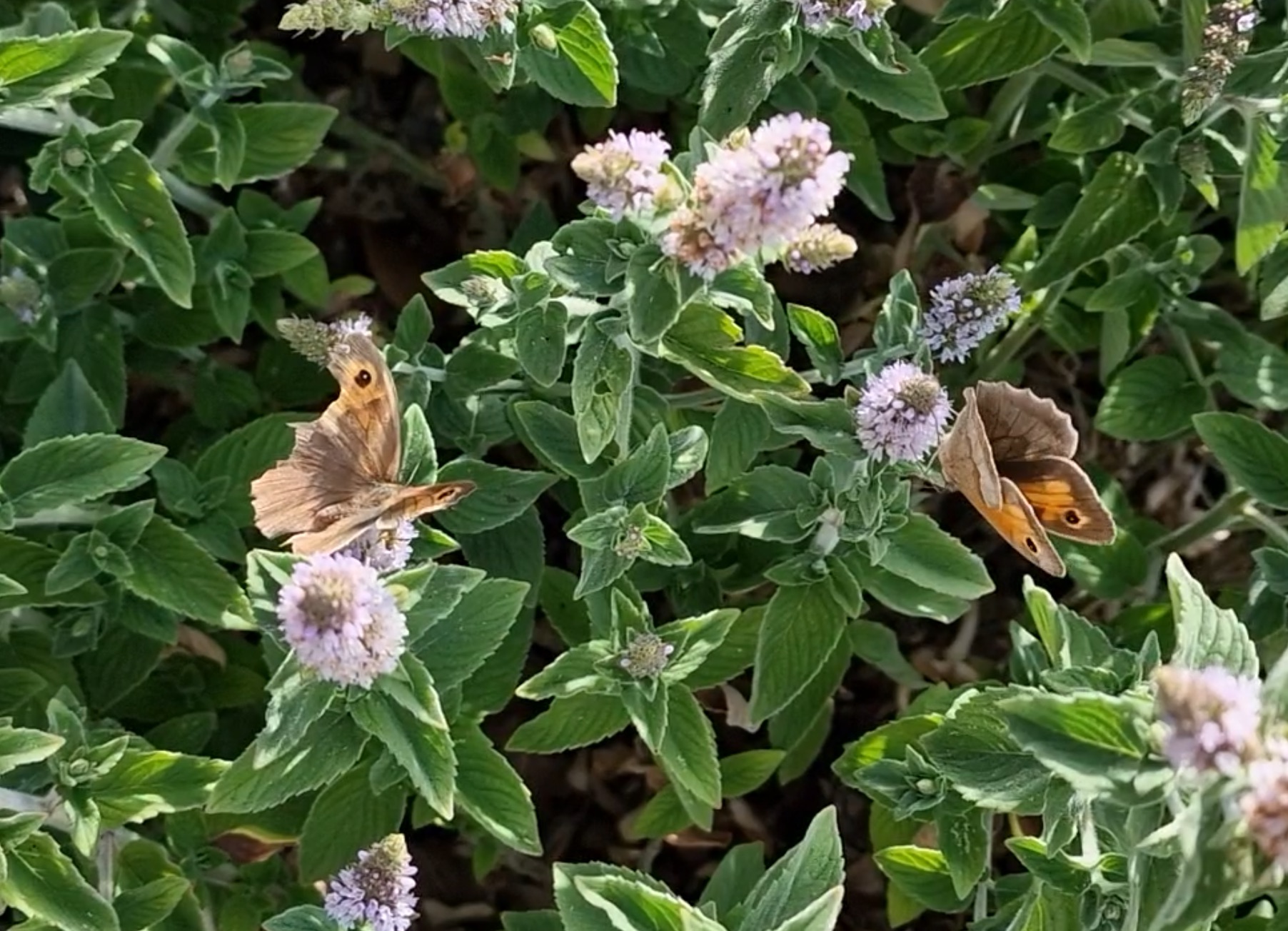The diversity of nectariferous and polliniferous species inventoried
A few extracts from the well-documented article published by ITSAP on the issues surrounding this database
This multi-partner project brings together ITSAP - Institut de l'Abeille, the Institut d'Ecologie et des Sciences de l'Environnement de Paris (IEES), the Muséum National d'Histoire Naturelle (UMR Centre d'Ecologie et des Sciences de la Conservation) and the University of Toulouse via its Evolution and Biological Diversity laboratory. Its aim is to create a database containing all available information on floral resources for pollinators.
In order to represent the diversity of food sources available to pollinating insects in mainland France, four categories of flora have been taken into account: cultivated flora, wild flora, messicolous species and crops of perfume, aromatic and medicinal plants (PPAM).
In the absence of pollinators, it is estimated that a third of flowering plant species would not produce seeds, and half of them would suffer an 80% reduction in their seed count. For cultivated species, it is estimated that 35% of the world's agricultural production depends on pollinators. Without them, 12% of crops would suffer a reduction in production of more than 90%.
Populations of wild pollinating insects, mainly Hymenoptera, Diptera, Lepidoptera and Coleoptera, have declined locally in abundance and diversity in recent years. In Europe, 9% of bee and butterfly species are threatened, and their populations are estimated to have declined by 37% for bees and 31% for butterflies.
However, 57% of bee species remain unassessed due to insufficient data (1). The results of a recent study carried out in the UK show that 80% of butterfly species have declined in abundance and distribution since the 1970s (2).
Read the full article on the ITSAP website
https://itsap.asso.fr/articles/la-diversite-des-especes-nectariferes-et-polliniferes-inventoriee

